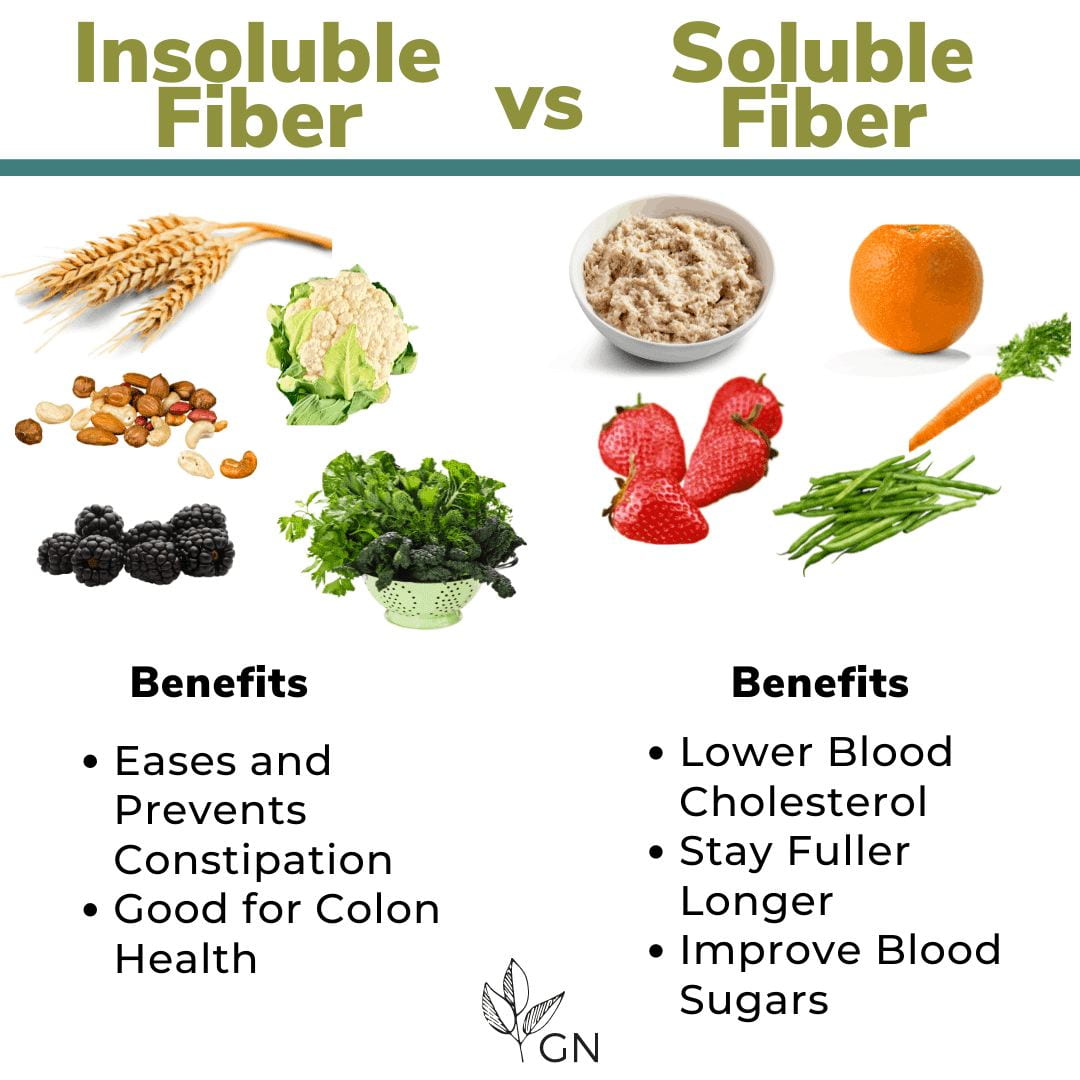
Carbohydrates are found in most of the foods we love, such as potato chips, cookies, and even ice cream. But did you know carbohydrates are also found in fruits, vegetables, beans, and grains? Over the last few decades, diet culture has portrayed carbohydrates as “bad” foods to be avoided as they are processed, sugary, and full of starch. However, this is not the case with all carbohydrates, many of which are vital to our overall health. Wondering what’s so special about carbohydrates? Let’s discuss some of their key components.
Carbohydrates are classified as simple or complex, serving as the body’s preferred energy source over protein and fat. Simple carbohydrates, also known as simple sugars, are easily broken down during digestion and become a quick source of energy, and increase blood glucose or blood sugar levels. Simple carbohydrates can be found in refined sugars and are often added to products like soda, candies, and baked goods, which contribute substantial calories to our diets but provide little other nutritional value. However, simple carbohydrates are also found naturally in foods such as fruits, milk, yogurt, and bread products. These foods are nutrient-dense, meaning that in addition to calories, they also provide many other important nutrients for our health such as vitamins, minerals, and fiber. Choosing fewer products with added simple sugars and selecting more nutrient-dense foods can be a simple way to enhance overall diet quality.
Complex carbohydrates are made with multiple simple sugars linked together and are classified as starch or fiber. They are digested over time, allowing for a slower delivery of blood glucose and a more steady supply of energy. Contrary to carbohydrate critics, the complex carbohydrate starch is found in many nutrient-dense foods such as black beans, corn, squash, sweet potatoes, and brown rice and nourishes our bodies with vitamins, minerals, antioxidants, and plant-based protein for muscle-building. Fiber, our other complex carbohydrate, has two categories, insoluble and soluble. Whole wheat flour, nuts, flax, and vegetables are all great nutrient-dense sources of insoluble fiber which aids in constipation relief by volumizing the stool and promoting regularity. Soluble fiber, found in oats, many fruits, and bran, is also beneficial for its ability to slow insulin response, as well as glucose and cholesterol absorption, which may contribute to reducing the risk of developing heart disease.
Let’s take a moment to dive deeper into our discussion of blood glucose and insulin. Insulin is a hormone produced and secreted by the pancreas. Think of it as your body’s internal alarm telling your cells, “Open up, our favorite energy source is here, glucose!” Depending on the type of carbohydrate you eat, whether it be simple or complex, it will trigger an insulin response that will be either quick or slow. Since simple carbohydrates are readily broken down, this causes blood glucose levels to rise rapidly, initiating a quick insulin response. On the other hand, complex carbohydrates, which initiate a slower rise in blood glucose levels, will also have a slower insulin response keeping blood sugar levels steady for longer periods of time. This supports greater feelings of fullness and satiety which can give your body energy over a longer period of time. Adding more complex carbohydrates to your diet can be an excellent way to increase fullness, up your dietary fiber intake, and add more nutrient density to your diet.
Carbohydrates are found in a variety of nutritious, tasty, and comforting foods. They support our health and vitality, offering a number of important benefits. Reducing your intake of simple carbohydrates from added sugars and consuming more nutrient-dense carbohydrate sources such as vegetables, fruits, legumes, and whole grains can help enhance your diet and support overall health.
